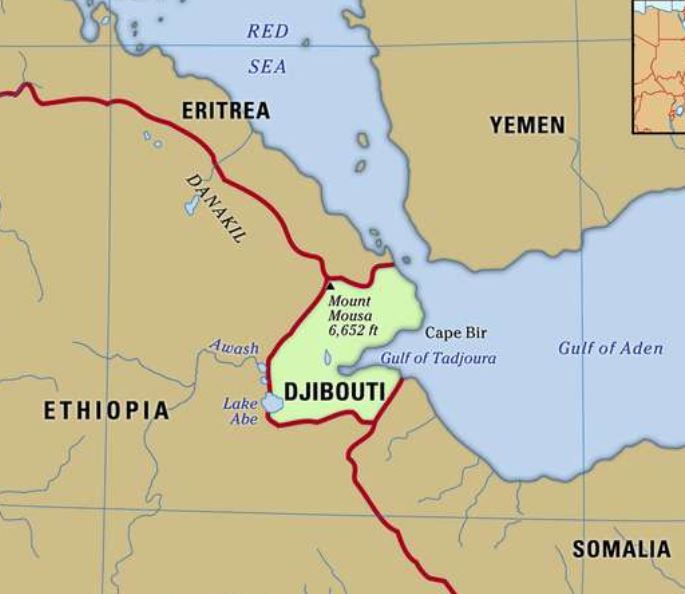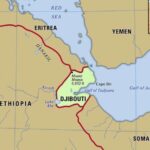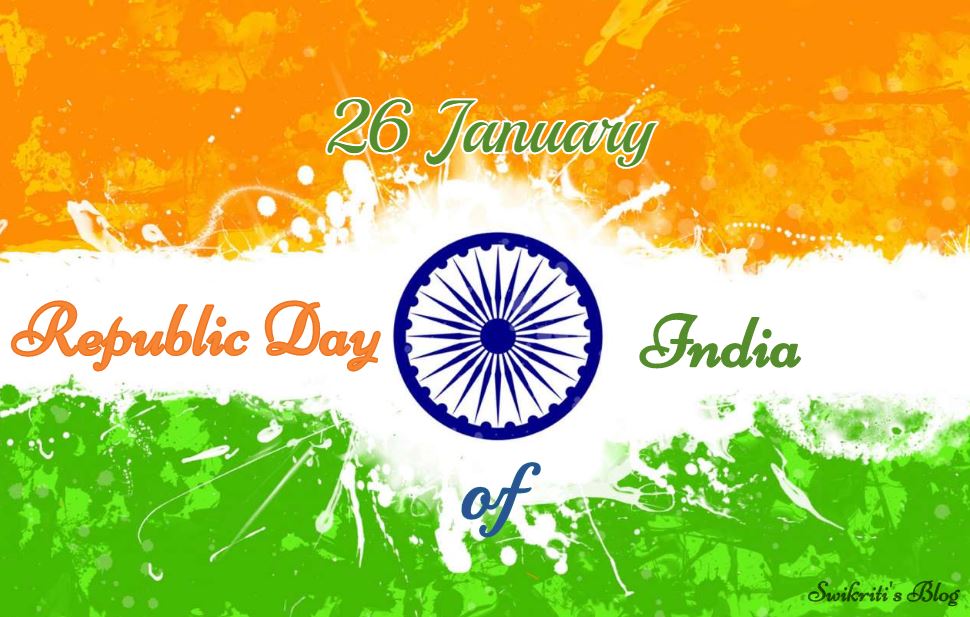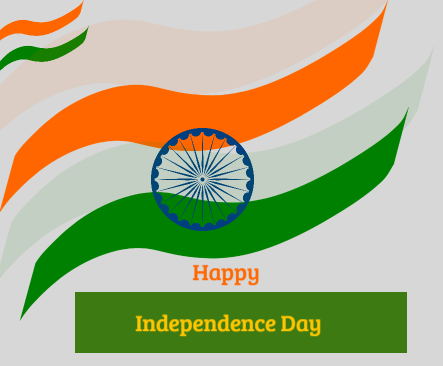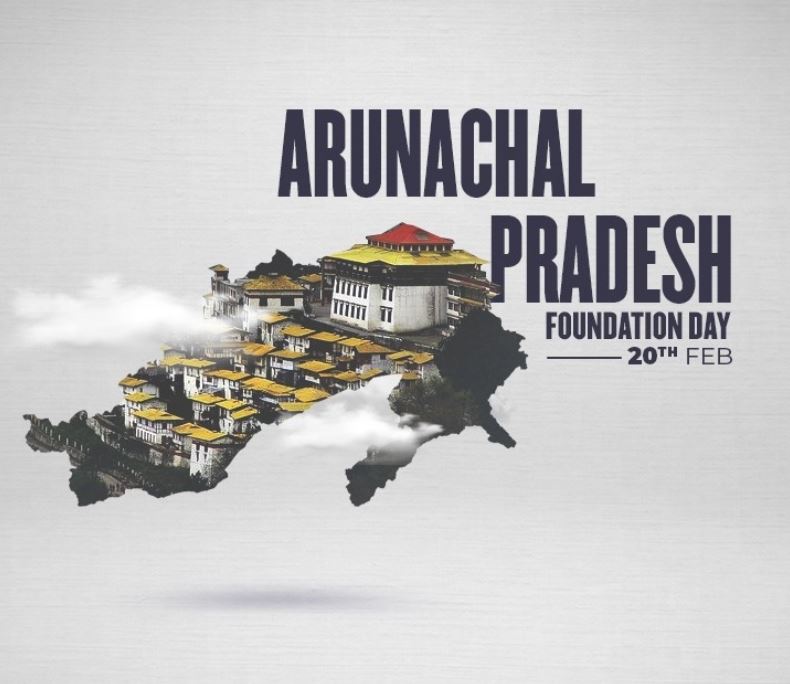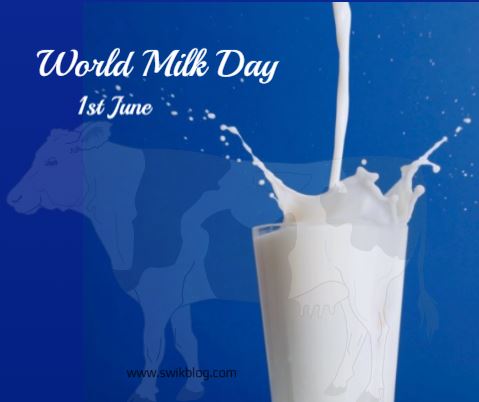Independence Day is a national holiday in Djibouti observed every year on 27 June. It marks the declaration of independence from France ,when Ahmed Dini Ahmed, president of the National Assembly, read the new constitution and said the Republic of Djibouti “one and indivisible, is proclaimed.”
In former times, it was known as French Somaliland (1896–1967) and the French Afars and Issas Territory (1967-77), when it gained independence from France on 27 June 1977 the country took Djibouti as its name .
Following the Second World War, French Somaliland has the status of overseas territory within the French Union, like all other French colonies. In 1958 it again has the option, like all others, to separate its ties with France or to remain within what is now known as the French Community.
In 1958, the colony voted to remain with France, and again in 1967 (the French territory of Afars and Issas is named after that of the two main tribal groups). In 1977, however, it became fully independent as the Djibouti republic.
Djibouti, a little country on the northeast coast of the Horn of Africa with strategic location. It is situated on the eastern side of the Strait of Bab el Mandeb, which divides the Red Sea from the Gulf of Aden.Djibouti is bordered northerly by Eritrea, west and southwest by Ethiopia and south by Somalia. The Tadjoura Bay, which opens into the Gulf of Aden, splits the eastern half of the nation and provides most of its 370 km (230 miles) of coastline.
Djibouti population is only about 350,000 people at the time of independence) successfully avoids the most obvious threat to its existence-that one big neighbour, Somalia and Ethiopia, dominates. It does so by pursuing a rigorous neutrality policy and refusing to give refuge to any of the armed guerrilla groups which attempt to undermine either regime.
Djibouti Location,Language and Religion
Djibouti is located on a 12-mile strait between the Red Sea and Suez Canal and the Gulf of Aden and the Indian Ocean, in Bad el Mander. The port of Djibouti serves many East African, Red Sea and Arabic peninsulas, including Israel, Saudi Arabia , Egypt, and Ethiopia and Somalia.
Two official languages are recognized by the Republic: French and Arabic. However, Somali is the language most commonly spoken, although it is not always written and taught in schools. The use of Afar is limited mainly to Afar regions. There are many Djiboutians who are multilingual.
Over 9/10 of the population is Muslim; almost all of them adhere to the sunni branch of Islam. Some Christian religions, including Eastern Orthodoxy and Roman Catholicism, are represented in Djibouti.
Independence Day celebrations in Djibouti
Independence Day, in addition to other public and private activities celebrating the heritage and culture of Djibouti and other activities, is synonymous with military parades, fireworks, festivals, fairs, and political speeches and ceremonies.Shops adorned their windows in the Djiboutian flag’s blue , green, white and red star
